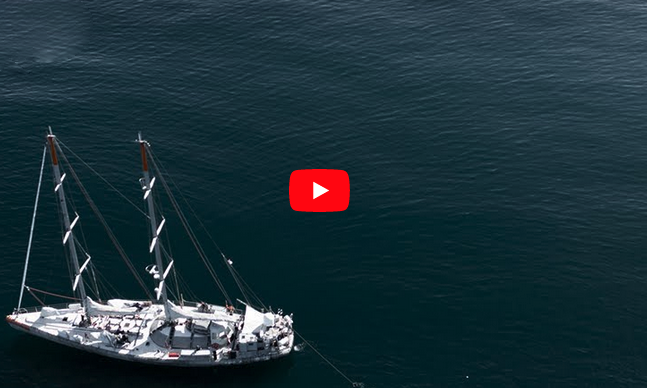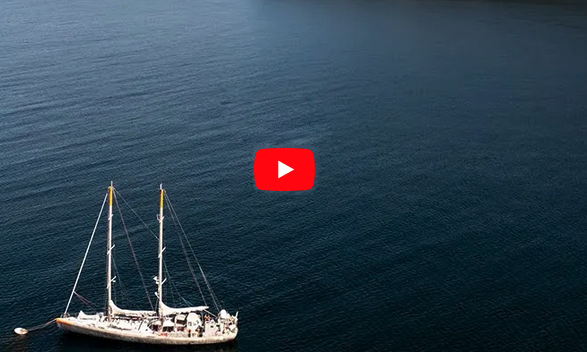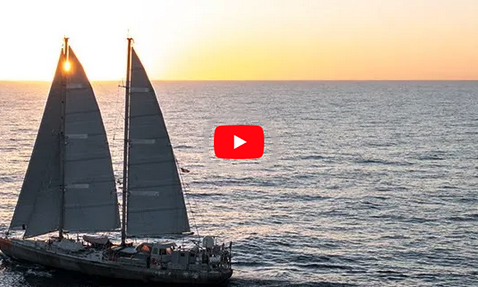
Our laboratory believes that participating in science outreach and enabling public engagement is a core part of our job as scientists. Below are some selected videos and articles that we have been involved in!
Environmental sciences
TREC outreach
TREC is a pan-European expedition, led by EMBL in collaboration with the Tara Oceans Foundation and the EMBRC (European Marine Biological Resource Centre). Its goal is to explore the impact of climate change on the land-sea interface of European coasts, using state-of-the-art molecular and cell biology approaches, across 29 countries and over 120 sampling sites.
Our team focuses on small photosynthetic algae called “diatoms”, which are responsible for over 20% of annual photosynthesis on Earth and are one of the cornerstones of marine biodiversity. In particular, we look at the diversity of microbial interactions, such as viral infection and symbiosis, and study their impact on the survival and growth of these critical algae.
One of the key aspects of TREC is the Advanced Mobile Laboratory (AML): a dream come true for our lab, as the AML brings state-of-the-art equipment right next to the shore, generating opportunities to develop new approaches and make discoveries in marine microbiology. In particular, our lab focuses on very unique moments where the Tara schooner and the AML sample side by side. Thanks to Tara, we can get a complete picture of the marine microbial community, and thanks to the AML we can deploy advanced molecular and cellular analyses on our target of interest, diatoms.
As sampling coordinators of the TREC expedition, and chief scientist on Tara, we appear in a six-episode French Podcast from France Info, exploring Tara, the land-based team, but also visiting EMBL for a behind-the-scenes look at the TREC expedition.
GAYOSO outreach
Our lab has been studying phytoplankton for a while, and not just along European coastlines. Every year there are phytoplankton blooms around the Patagonian shelf and shelf break. These blooms are so large that they can be seen from space! Discover what it means to “chase a bloom” on board the schooner Tara, to study the impact of viruses on bloom dynamics.
Video: The Bloom Chase in three episodes (French)
Art & Science
We believe that combining Arts and Science can bring fundamentally new ways of sharing our knowledge, in order to highlight the importance of better understanding ocean biodiversity. From easy to listen stories for kids, to cartoons and live performances, we try to make our science accessible using illustrations, emotions and collective experiences.
Science Educational content
Listen to the podcast on France Inter for kids around plankton (in French)
Discover the cartoon version of the bloom chase, for kids (French)!
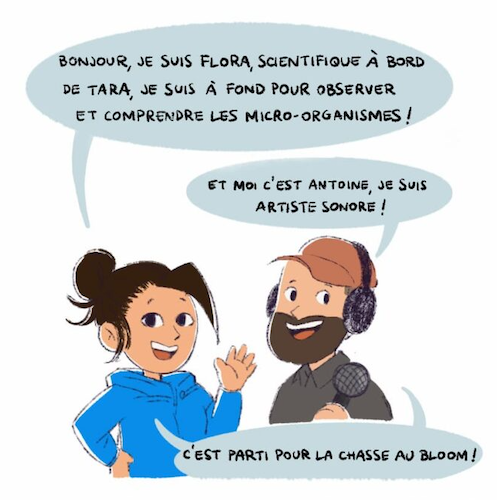
16 pages to help you understand why and how we are all connected to the Ocean
Exploring science through a meditative and immersive conference
Discover a meditative and immersive scientific conference, done in collaboration with sound artist Antoine Bertin:
The performance was printed out in 50,000 French and English copies as part of a special issue of the Magazine “Le 1” for the 20 years anniversary of Tara: https://boutique.le1hebdo.fr/common/product-article/949
Inclusive science
Our laboratory strongly believes (and the science shows!) that diversity is the key to better science. From the career path to the test tube, inclusive science is about ensuring that we all have equal opportunities to become scientists, but also that we produce unbiased scientific knowledge.
Co-author with Aude Bernheim of the book “L’intelligence artificielle pas sans elles”, Belin edition, 2019 (French)
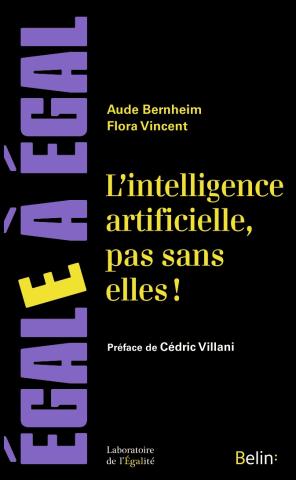
Loose title translation: Artificial Intelligence, not without her. A book for the general public about algorithm bias and the links between sex/gender and artificial intelligence.
Alongside the book, we developed an exhibition, outreach videos, a comic book and a series of conferences on sexist biases in AI (full description of the campaign). The book, with a preface by Cedric Villani, was reprinted three times in a few months and sold several thousand copies. In collaboration with NGO Laboratoire de L’Egalite, we released a pact for companies, associations, and institutions for an inclusive AI, which also led to several discussions with members of the French parliament and government.
Videos
Press articles
Gender Bias in Research and Gendered Innovations
Science suffers from sex and gender bias. After discovering how research is impacted by this phenomenon (thanks to https://genderedinnovations.stanford.edu/methods-sex-and-gender-analysis.html), Flora Vincent and Aude Bernheim set out to raise awareness on the issue. This takes many forms, including making videos, lobbying of scientific institutions, writing books and giving conferences.
In an award-winning outreach video done together with the Draw Me Why non profit in 2013, they explain the basics of this concept and why it matters. It is also available in French, and led Flora Vincent and Aude Bernheim to create the WAX Science organisation (see below for details).
Those concepts were later shared during a general TED-like public conference (1200 people) called “l’Echappee Volée I”. The text of the talk was published in the book “Demain, territoire de tous les possibles“ under the direction of Michel Levy-Provencal, Larousse.
Promoting science without stereotype: WAX Science: Co-Founder and Co-President of WAX Science
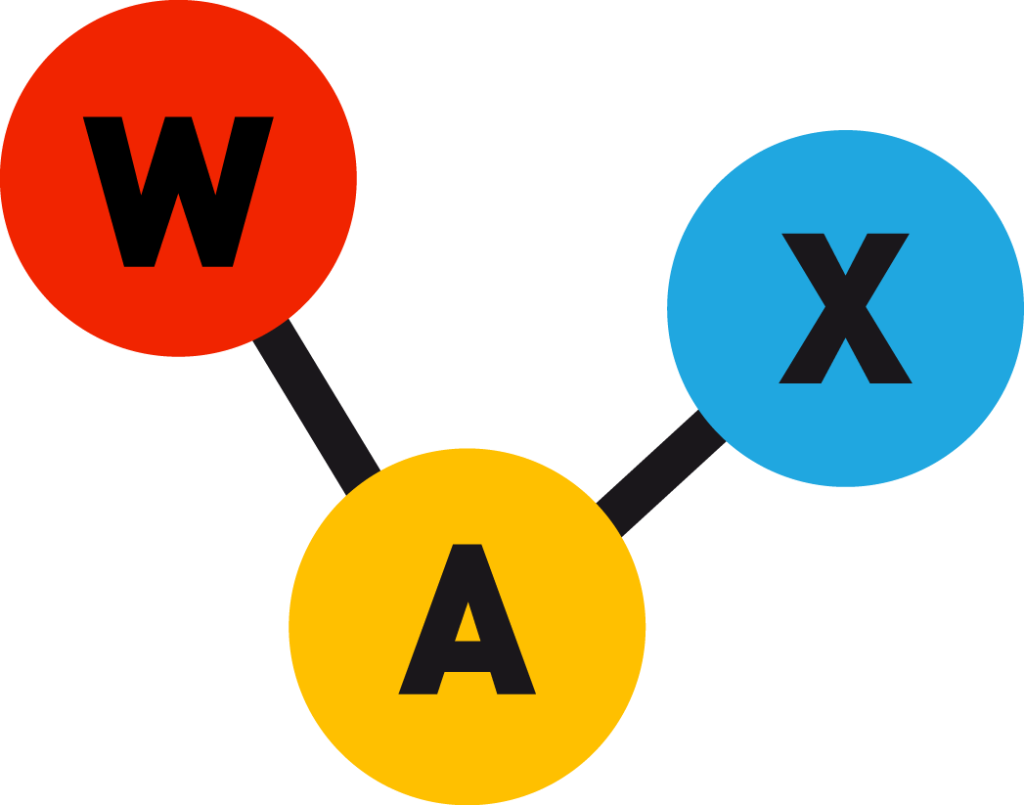
WAX Science (What about Xperiencing Science) is an NGO that promotes science without stereotypes and gender balance in science by creating and disseminating innovative tools (co-presidency 2013-2016). Founded in 2013 (and still running) the NGO grew to 40 active volunteers, 6 full-time interns, a 50k€ budget, dozens of projects, and more than 10,000 people reached by the association’s activities.
WAX works at the interface between design and science. Typically, we have developed open-source “tools” (exhibitions, workshops, educational kits, videos, citizen science) that can be used free of charge.
For example (mostly in French):
- pedagogical kits: with both content and activities: on HIV (originally created for Solidays), Genetic Engineering, and women in science “Les Découvreuses anonymes“
- exhibitions: such as Les Decouvreuses Anonymes (showcased dozens of times in more than 5 countries) on women in science or “Femmes Objets” (full list of exhibitions)
- workshops: for example a year-long activity for a primary school science hub (full list of workshops)
- videos: (full list of videos) such as portraits, produced in partnership with national media like Mademoizelle on women scientists such as Francoise Barré Sinoussi or Marthe Gautier. In the case of Marthe Gautier, we also sought to develop her online presence, for example by creating her Wikipedia page or telling her story on the WAX website and in videos.
- citizen science projects: the ItCounts project aimed to develop citizen science to count men and women in professional circles (teams, meetings …). The ItCounts app offers both counting and data analysis tools, as well as access to the data collected. In particular, this work led to a collaboration with a researcher at Sciences Po to try to develop new indicators of gender diversity in conferences. Finally, we collaborated with Data For Good to develop a data visualization project on gender equality in the French Parliament (https://www.wax-science.fr/lancement-parite-pouvoir/). (http://itcounts-app.org/, currently under maintenance)
All of these tools can be found on wax-science.fr, which offers original articles with a different vision of science, far from stereotypes, but also a platform for the dissemination of the tools that we have developed (open source model). From 10,000 unique visitors in its first year, the site had over 45,000 unique visitors in its 4th year, with a total of 602 original articles.
Train the trainer
Science Education and Public Engagement Teaching
We like to transfer knowledge! Together with EMBL’s Science Education and Public Engagement team, we provide educational content that is accessible to the general public in particular teachers.
